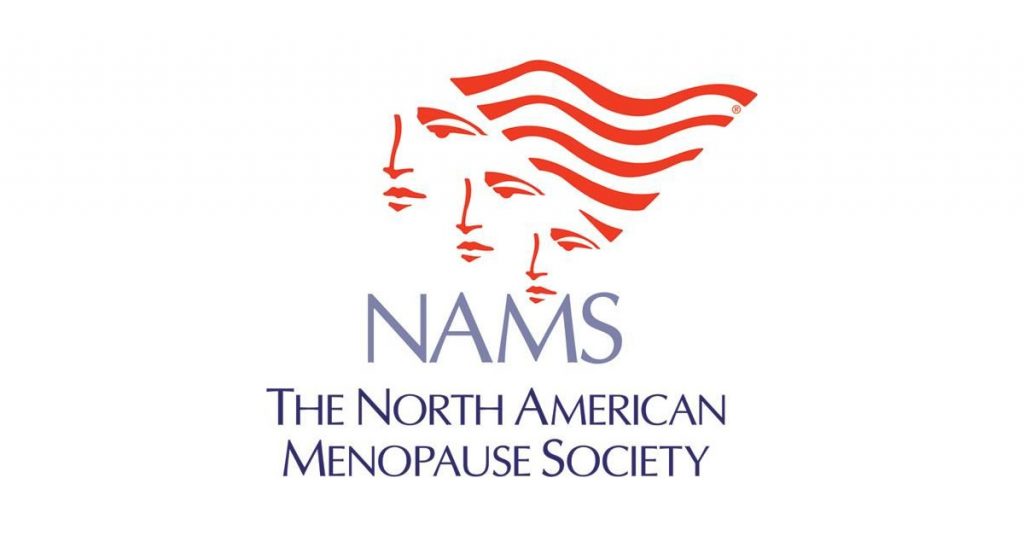By: Red Hot Mamas
Published: October 13, 2022
What’s New and What Works in the Treatment of Hot Flashes?
October 8, 2022
This information highlights the approval status and effectiveness of various pharmacologic treatment options for vasomotor symptoms:
Hot flashes are one of the most commonly reported symptoms of the menopause transition. Over time, a wide array of hormone and nonhormone medications, as well as nonpharmacologic remedies, have been developed to help menopausal women manage bothersome hot flashes. A presentation will be held at The North American Menopause Society (NAMS) Annual Meeting in Atlanta, October 12-15. It will address the status of the latest pharmacologic advances in the treatment of hot flashes.
It is estimated that 25% of women will seek pharmacologic therapies for vasomotor symptoms (VMS) such as hot flashes. Today’s choices—hormone and nonhormone—run the gamut from pills to patches to mists and gels. In addition, new nonhormone therapies are on the horizon awaiting FDA approval. Their development is based on the theory that VMS physiology is controlled by the kisspeptin-neuokinin B-dynorphin (KNDy, pronounced “candy”) neuron complex in the hypothalamus of the brain located directly adjacent to the thermoregulatory center. Two promising neurokinin B (NKB) antagonists—fezolinetant and elinzanetant—are in development, but a third one—pavinetant—is no longer being pursued as a VMS treatment because of concerns regarding effects on the liver. Larger studies are necessary to confirm the benefits and risks of these new drugs. Dr. Susan Reed from the University of Washington School of Medicine will speak during the NAMS Annual Meeting and discuss the status of developing VMS treatments. She also will provide an overview of the efficacy of various hormone and nonhormone therapies, as well as their costs, and discuss the various considerations when choosing the right option for a particular woman. “Menopausal women today have more treatment options than ever before, with hormone therapy remaining the most effective. Because some women are unable or unwilling to take hormones, however, we need to continue researching alternatives,” says Dr. Faubion, NAMS medical director.
For more information, visit www.menopause.org.









